8 Climate Events That Changed Human History?
Arab Weather - Weather has always played a crucial role in the course of human history. From agricultural practices to migration patterns, climate events have had far-reaching impacts on civilizations throughout time. In this article, we’ll take a look at eight significant climate events. These famous climate events have left an indelible mark on human history, transforming societies and economies. Here’s a quick summary of these weather phenomena and their impact:
8 Climate Events That Changed Human History?
Dust Storm: Mass Migration
In the 1930s, poor land management practices and unsustainable farming methods led to a prolonged drought and massive dust storms in the Great Plains of the United States. This environmental disaster forced thousands of families from their homes, leading to a mass migration in search of better opportunities elsewhere.
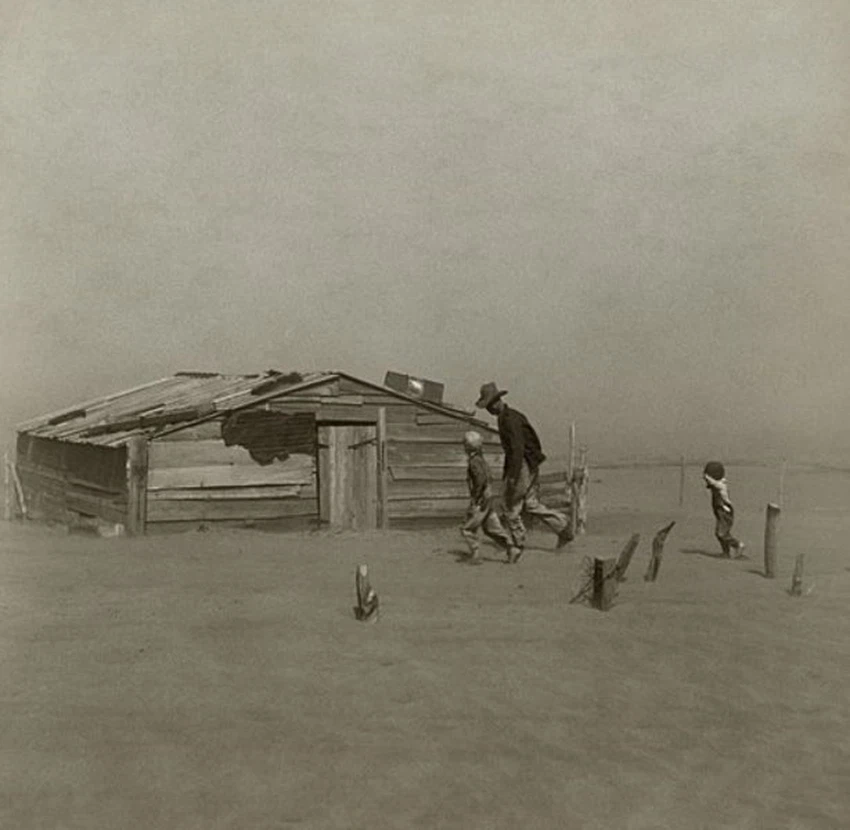
Little Ice Age: Famine and Rising Food Prices
The Little Ice Age was a period of significant cooling that affected Europe and other parts of the world between the 14th and 19th centuries. Longer, harsher winters, colder summers, and poor harvests led to widespread crop failure, famine, and increased susceptibility to disease.
The Great Storm of 1703: A Turning Point in Understanding Weather
The Great Storm of 1703 was one of the most destructive storms in British history. It caused widespread devastation in London and coastal areas, prompting scientists and engineers to think of new ways to understand and predict weather patterns.
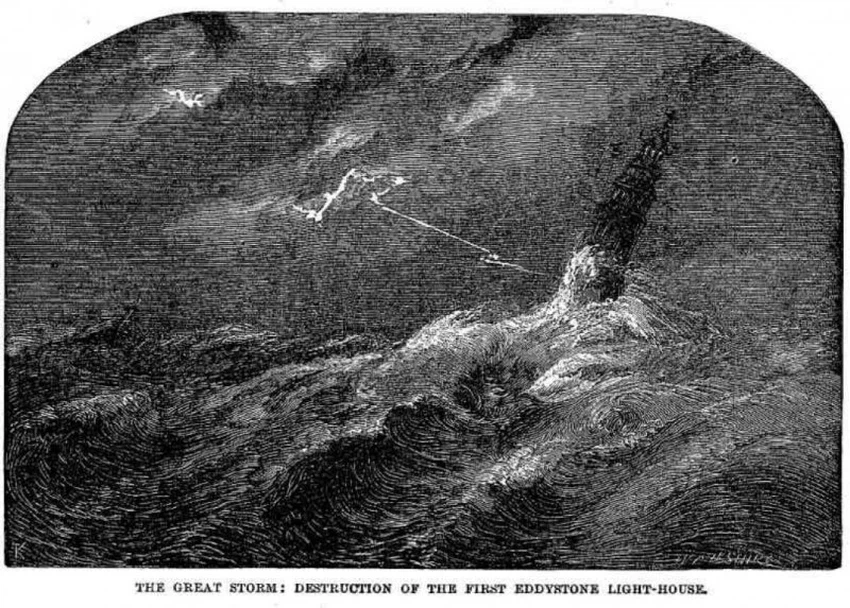
The Year Without a Summer: The Impact of the Mount Tambora Eruption
In 1816, the world experienced an extremely cold and gloomy summer, a notable weather event known as the “Year Without a Summer” or “1800 and the Freezing Death.” It was caused by the eruption of Mount Tambora in Indonesia, which released massive amounts of ash and aerosols into the atmosphere, blocking out sunlight and significantly lowering temperatures. These conditions caused crop failures and food shortages, leading to social unrest in many areas around the world.
In this year, oats, which were used to feed horses, became scarce and more expensive. Since horses were the main means of transportation, the high price of oats increased the cost of travel. This may have been one of the factors that led Karl Drais, a German man, to invent a new means of transportation without the need for a horse: the bicycle.
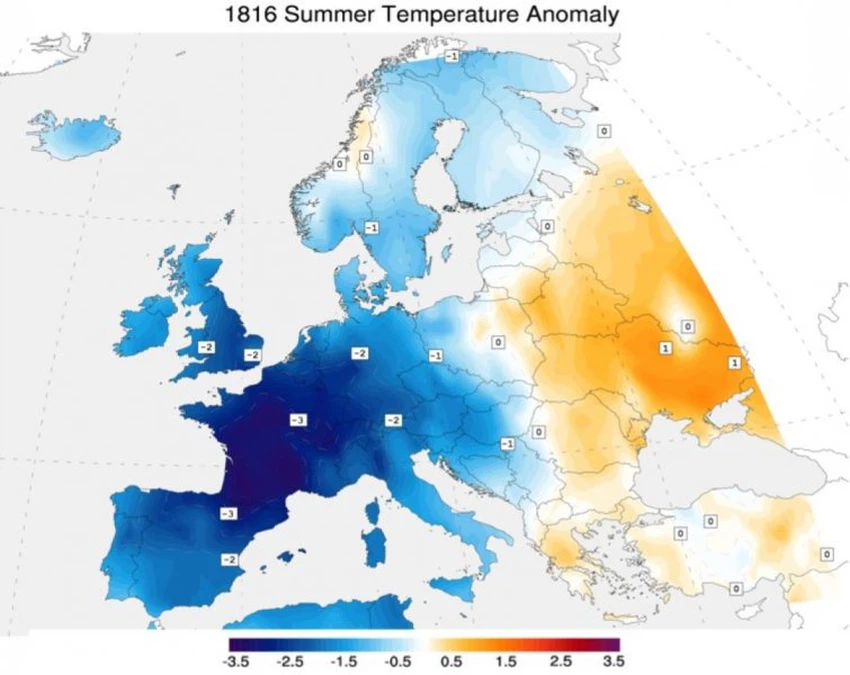
Galveston Hurricane: A New Beginning in Hurricane Preparations
In 1900, the Category 4 Galveston Hurricane struck Galveston, Texas, killing an estimated 8,000 people and causing massive destruction. The hurricane was one of the most significant weather events in American history, prompting authorities to build a seawall around the city and implement more robust hurricane preparedness measures. These strategies still form the basis for coastal planning and response today.
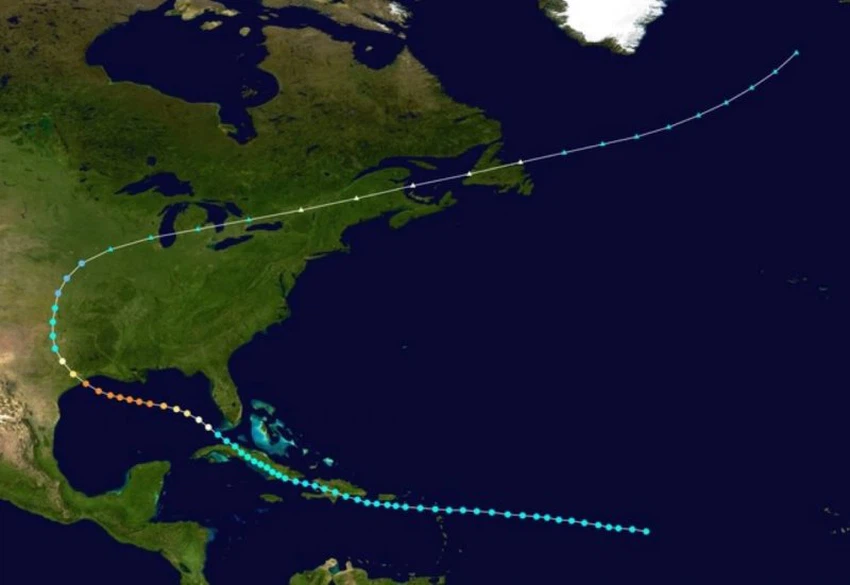
The Great Blizzard of 1888: Effects on Transportation and Technology
The Great White Hurricane, which struck the northeastern United States in the winter of 1888, brought heavy snowfall and high winds that paralyzed major cities, disrupted transportation, and caused significant economic losses. The event led to advances in snow removal technology, as well as improvements in weather monitoring systems to prevent such crises in the future.
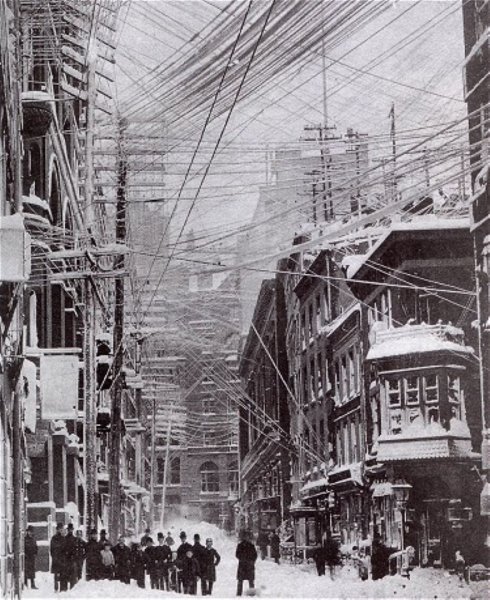
Hurricane Katrina: Lessons in Disaster Management
In 2005, Hurricane Katrina caused one of the largest weather disasters on record, hitting the U.S. Gulf Coast. The hurricane breached levees and caused catastrophic flooding in New Orleans and surrounding areas. The disaster exposed shortcomings in emergency management, prompting fundamental changes in infrastructure planning and disaster management strategies in the United States.
The Medieval Warm Period: Climate's Impact on Exploration
Between the 10th and 14th centuries, Europe experienced a period of relative climate warmth, known as the "Medieval Warm Period." This more favorable climate facilitated Viking exploration and colonization to expand settlements across the North Atlantic, including Greenland and parts of North America.
These historical weather events have left indelible marks on humanity, impacting economies, migration patterns, cultural beliefs, and even the political landscape. By understanding the impacts these weather events have had in the past, we can better prepare for future challenges from extreme weather and climate change.
See also:
What are the features of winter in Saudi Arabia?
What is the secret to choosing clothes to adapt to weather fluctuations?
Arabia Weather App
Download the app to receive weather notifications and more..



